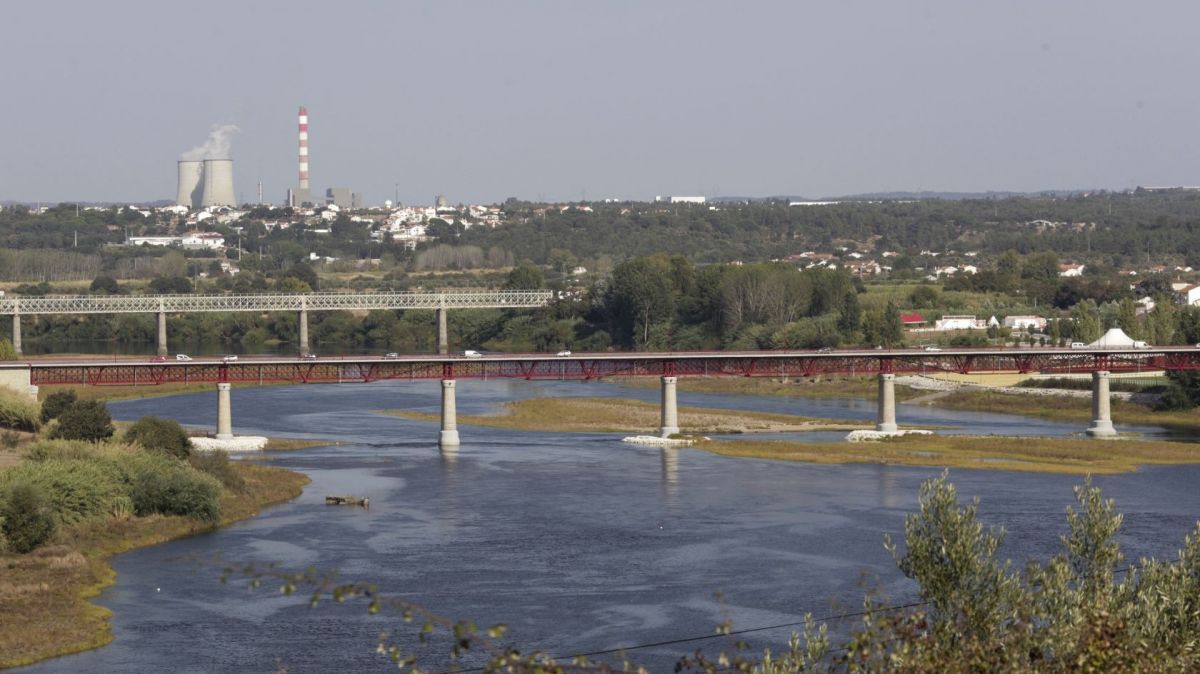PORTUGAL'S POWER PRODUCTION NOW COAL-FREE AND AHEAD OF SCHEDULE
PORTUGAL BECOMES 4TH EU COUNTRY TO GO COAL-FREE
The 628-megawatt Pego power station was shut down on 20 November, ten days ahead of schedule, marking the end of coal-fired power generation in Portugal. The country joins Belgium, Austria, and Sweden, as the fourth European nation to discontinue the use of coal.
THE CHALLENGE NOW IS TO ENSURE UTILITIES DO NOT REPLACE COAL WITH FOSSIL GAS OR BIOMASS
Belgium, Austria and Sweden are the other three European countries to have already stopped using coal for power generation.
Although a hefty 60%-70% of its electricity comes from renewable sources, Portugal still relies heavily on imported fossil fuels to meet overall energy needs.
There are concerns the Pego plant, run by the privately held group Tejo Energia, might now be converted to burn wood pellets.
"The challenge now is to ensure utilities do not make the mistake of replacing coal with fossil gas, or unsustainable biomass," said Kathrin Gutmann, campaign director at Europe Beyond Coal.
"Ditching coal only to switch to the next worst fuel is clearly not an answer," said Zero's president Francisco Ferreira. "Instead, the focus should be on rapidly upscaling our renewable energy capacity in wind and solar."
REOPENING ON BIOMASS FUEL MAY BE EXACTLY WHAT THE PEGO PLANT ENDS UP DOING
Biofuelwatch, a group that “provides information, advocacy and campaigning in relation to the climate, environmental, human rights and public health impacts of large-scale industrial bioenergy,” had reported that TrustEnergy, a joint venture between ENGIE and Marubeni, and the majority shareholder of the Pego power station, wants to convert the plant’s coal-burning unit to burn wood pellets, according to Aaron Larson, POWER (Magazine) executive editor.
Biofuelwatch claims in an open letter that “with the plant operating at full capacity, Pego would need closer to 5 million tonnes of wood” annually and that “the increased demand for raw material would far exceed available resources.”
It’s unclear where Pego’s other co-owner, Endesa, stands concerning the potential fuel switch. The company in its most-recent financial report issued in early November, said, “Endesa is resolute in its commitment to decarbonising its generating mix. It has boosted its portfolio of renewable projects by an additional 22 GW since the beginning of the year, bringing the total to more than 61 GW. It now has 11.2 GW of mature and operating renewable projects.” Still, biomass is generally considered to be a form of renewable power generation, and Endesa does not seem to be objecting to the switch.
The owners have said, “It is our concern to use and transform the natural resources in a sustained manner, returning the resultant byproducts in a respectful way to the environment and the community.” In 2009, the Pego coal-fired units were retrofitted with a flue gas desulfurisation system and selective catalytic reduction, which, in the case of the latter, was the first to be installed in Portugal. To reduce particulate emissions, the electrostatic precipitators’ control system was modified by the installation of a switched integrated rectifier system.
Additionally, the owners have said, “It is our goal to minimise the environmental impact of our activity. To do so, a strong environmental awareness is permanently promoted within the Project. Our activity is guided by the strict compliance with all the laws, regulations, permits and other requirements established for the activities that have environmental impact.”
But Biofuelwatch doesn’t seem convinced. The group’s open letter, which demands that public funds not be used to finance a coal-to-biomass conversion at the Pego station, has been signed by nine environmental NGOs in Portugal and is supported by 58 groups internationally.
Original article from BrightVibes.
